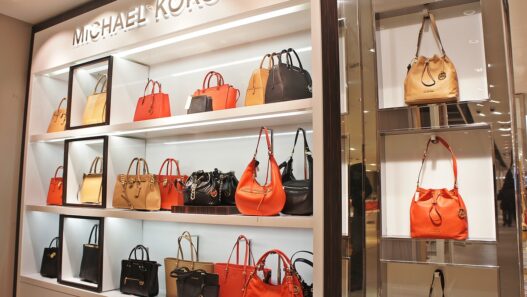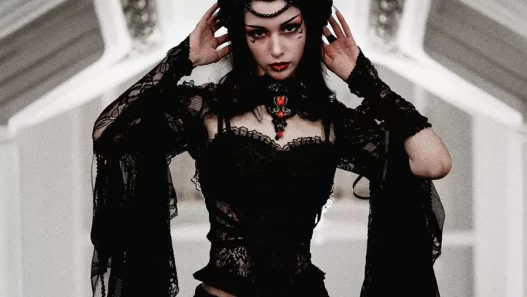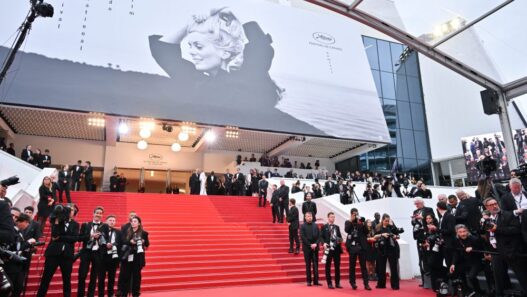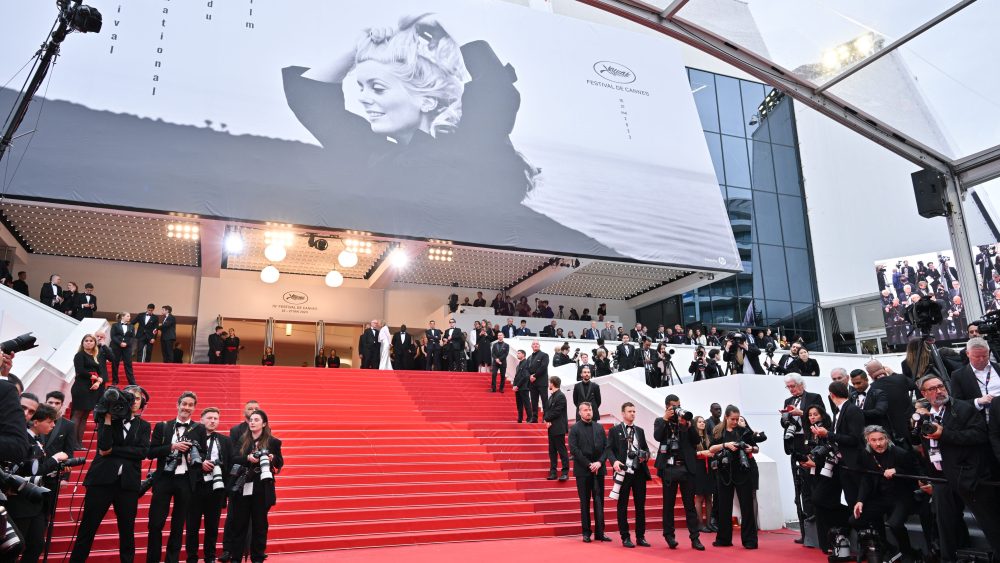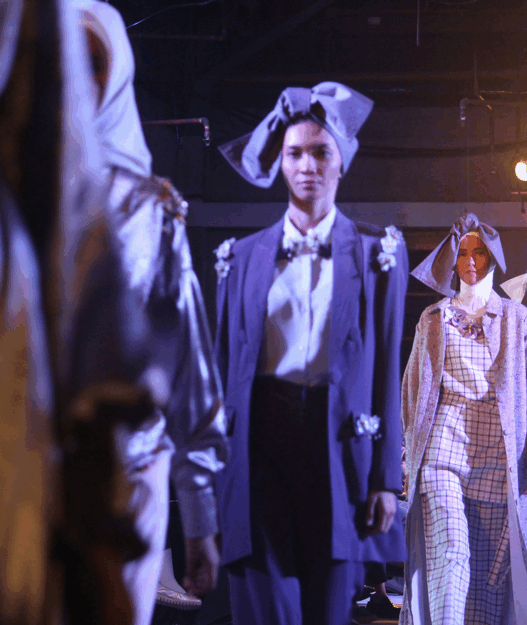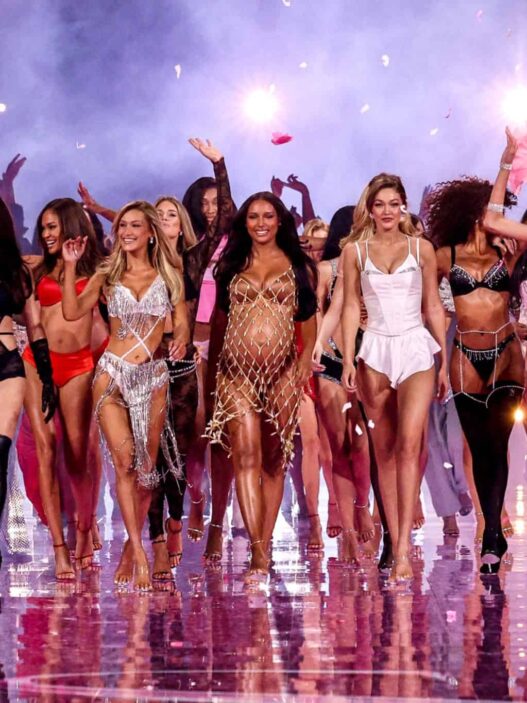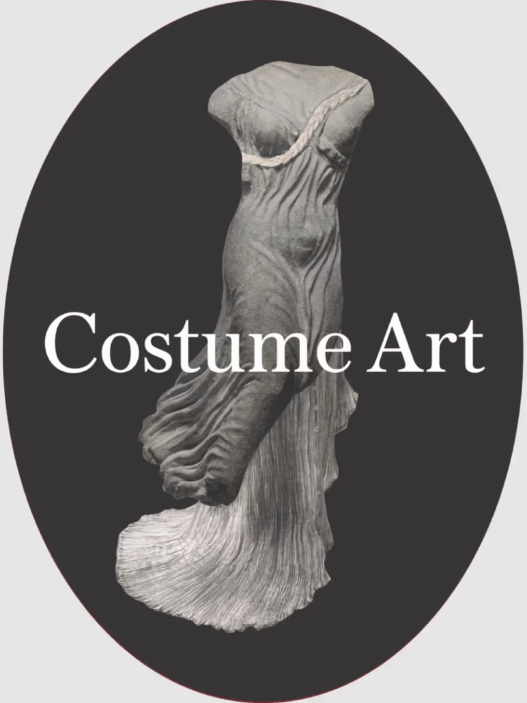“Fashion is art, and the red carpet is a canvas. To limit that is to stifle creativity.”
– Anya Petrova, celebrity stylist
The Cannes Film Festival. Just the name conjures images of dazzling stars, breathtaking gowns, and a healthy dose of old-Hollywood glamour. But beneath the surface of flashing cameras and champagne toasts lies a surprisingly specific set of fashion expectations. So, what’s considered correct when it comes to dressing for the Cannes red carpet, and what happens when those unspoken rules are… well, broken?
The Cannes Red Carpet Dress Code: An Introduction to the Glamour and the Guidelines
Cannes isn’t just a film festival; it’s a cultural event. The red carpet is more than a photo op; it’s a stage where artistry and fashion collide. The dress code, while often described as “black tie,” is actually more nuanced. Think elegant evening wear: floor-length gowns are the reigning queens, but sophisticated cocktail dresses can also make an appearance, especially for daytime events. Men typically sport tuxedos, although creative variations are becoming more common.
However, the festival’s guidelines aren’t always explicitly stated, leading to confusion and, occasionally, controversy. What one person sees as chic, another might deem too revealing or simply… inappropriate.
Cannes Film Festival Clarification: What the Rules Actually Say
The Cannes Film Festival rarely issues detailed, written dress code guidelines. The unspoken rule has always been formal evening attire. However, in 2018, there was a reported incident where women were allegedly turned away for not wearing high heels, prompting a strong backlash.
Following the controversy, the festival issued a statement, although not precisely a written dress code, clarifying that while formal attire is expected, there is no mandatory high-heel rule. The festival emphasized a commitment to welcoming all guests and treating everyone with respect, regardless of their footwear choice.
Cannes press officers said the festival “made explicit in its charter certain rules that have long been in effect. The aim is not to regulate attire per se, but to prohibit full nudity on the red carpet, in accordance with the institutional framework of the event and French law.” Cannes also noted that “voluminous outfits, in particular those with a large train, that hinder the proper flow of traffic of guests and complicate seating in the theatre are not permitted.”
Controversies and Criticisms: When the Cannes Dress Code Goes Too Far
The Cannes dress code has faced its share of criticism over the years. Some argue that it’s elitist and excludes individuals who may not have access to expensive designer clothing. Others believe it perpetuates outdated beauty standards and objectifies women.
The perceived “high heel ban” incident in 2018 sparked outrage and prompted actresses like Kristen Stewart to protest by removing her heels on the red carpet. This incident underscored the feeling that the unspoken rules sometimes prioritize appearance over comfort and equality.

Another point of contention arises when cultural attire is perceived as not adhering to the “formal” dress code. Instances where traditional clothing has been questioned or criticized have led to accusations of cultural insensitivity.
Cannes and the Evolution of Red Carpet Fashion: A Historical Perspective
The Cannes red carpet has evolved significantly since the festival’s inception in 1946. In the early days, the focus was on classic Hollywood glamour, with stars like Sophia Loren and Grace Kelly setting the standard. Over time, trends have shifted, and designers have become increasingly daring, pushing the boundaries of what’s considered acceptable.
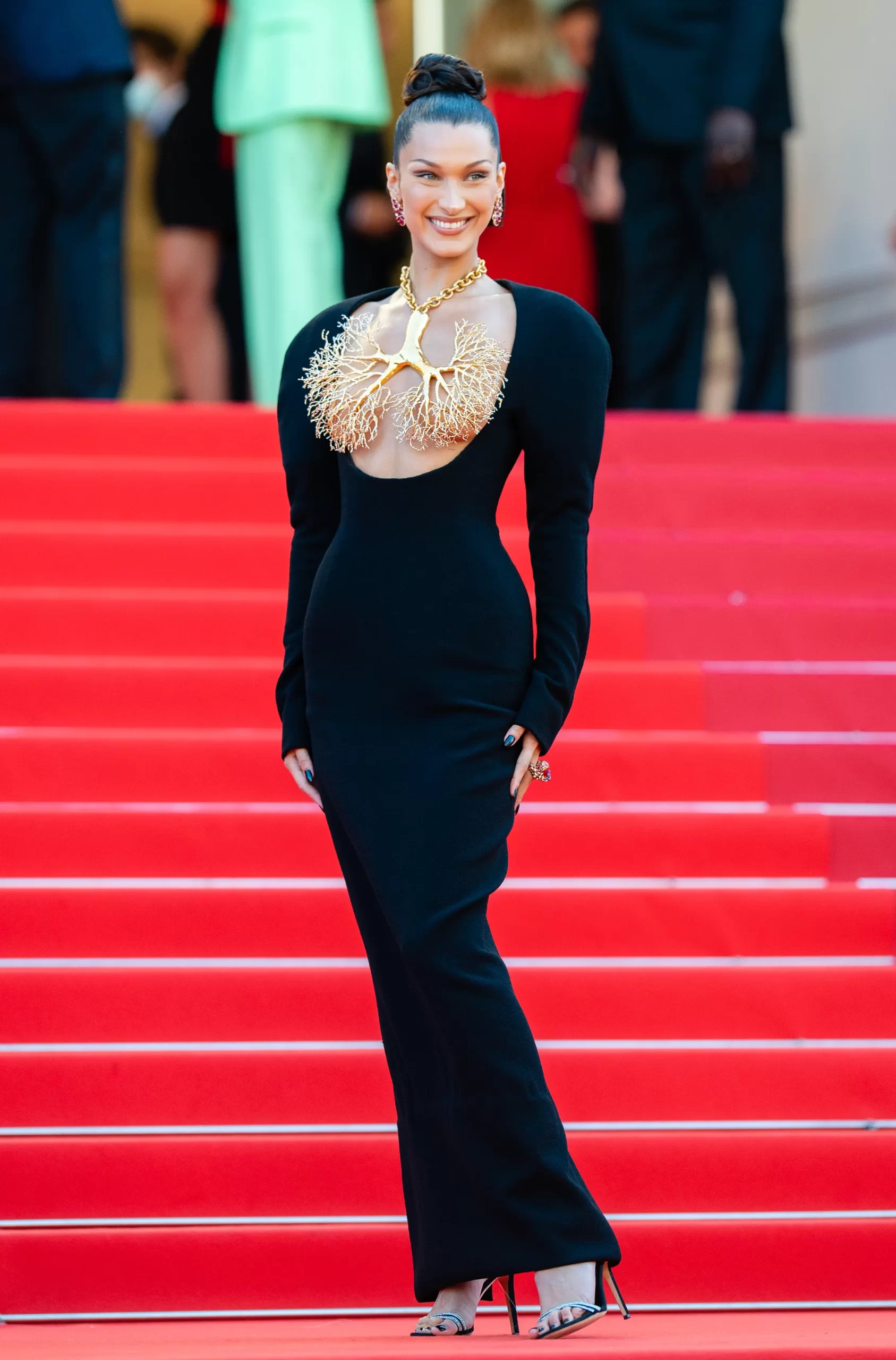
Bella Hadid at the Cannes Film Festival in 2021
The rise of social media has also impacted red carpet fashion. Celebrities are now more aware of how their outfits will be perceived and judged online, leading to increased pressure to make a statement. This has resulted in both incredibly stylish and occasionally disastrous fashion choices.
The late 90’s and early 2000’s marked an era of more revealing red carpet styles. However, in recent years there seems to be a gradual return to more classic, elegant silhouettes.
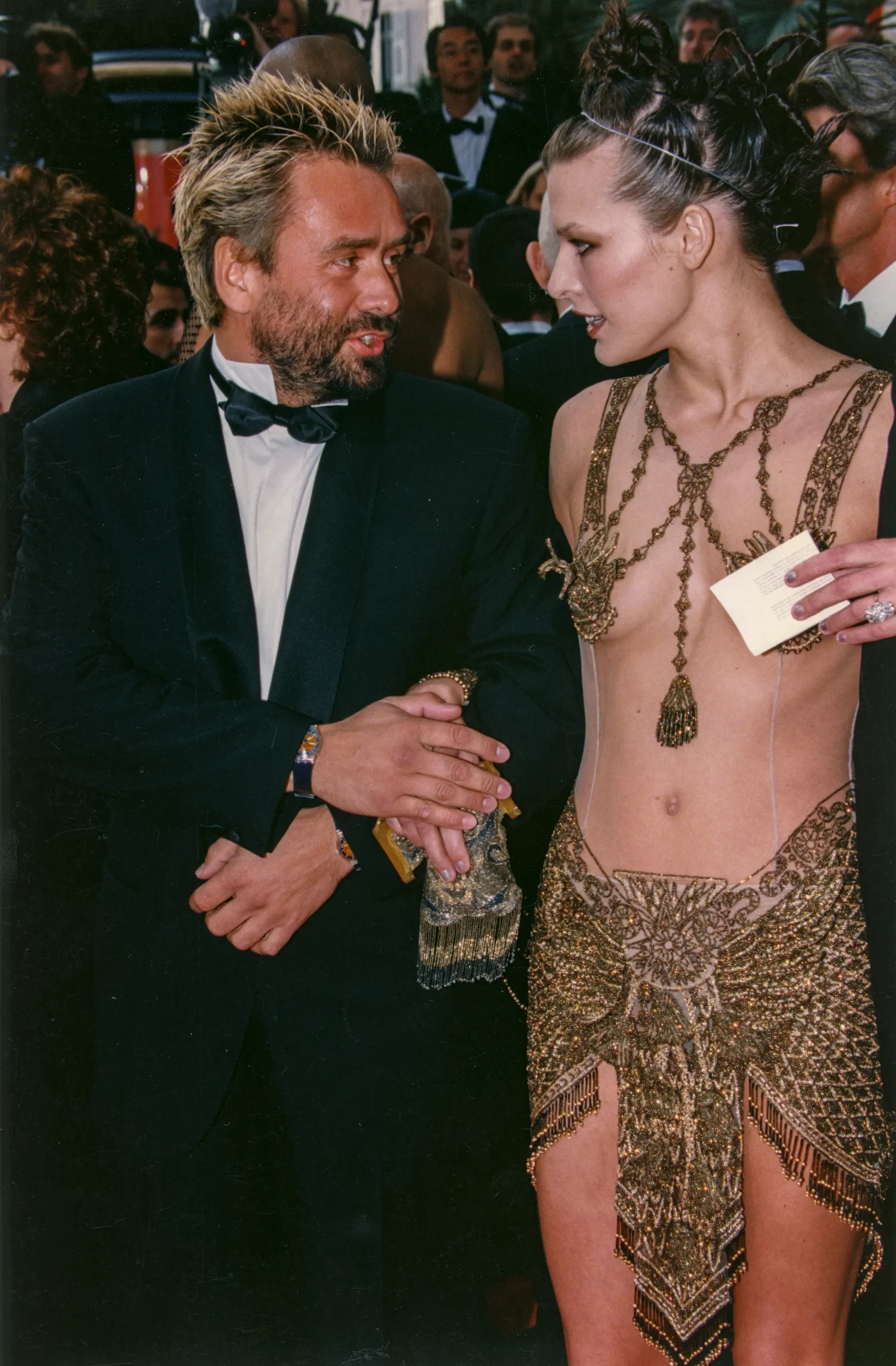
Director Luc Besson and Milla Jovovich at the Cannes Film Festival in 1997
Beyond the Red Carpet: Nudity in Cannes Film Festival Films and Artistic Expression
It’s important to remember that the ban applies to the red carpet, not the films being screened at the festival. Nudity and sexuality are often integral parts of storytelling and artistic expression in cinema. Films that explore complex themes through the use of nudity are unlikely to be affected by the new red carpet policy.
Ultimately, the success of the nudity ban will depend on how it’s enforced and how willing stars are to comply. Only time will tell if this new policy will reshape the Cannes Film Festival red carpet, or if it will be met with creative resistance and a renewed focus on pushing fashion boundaries in subtle, yet captivating ways. One thing is certain: the world will be watching.



